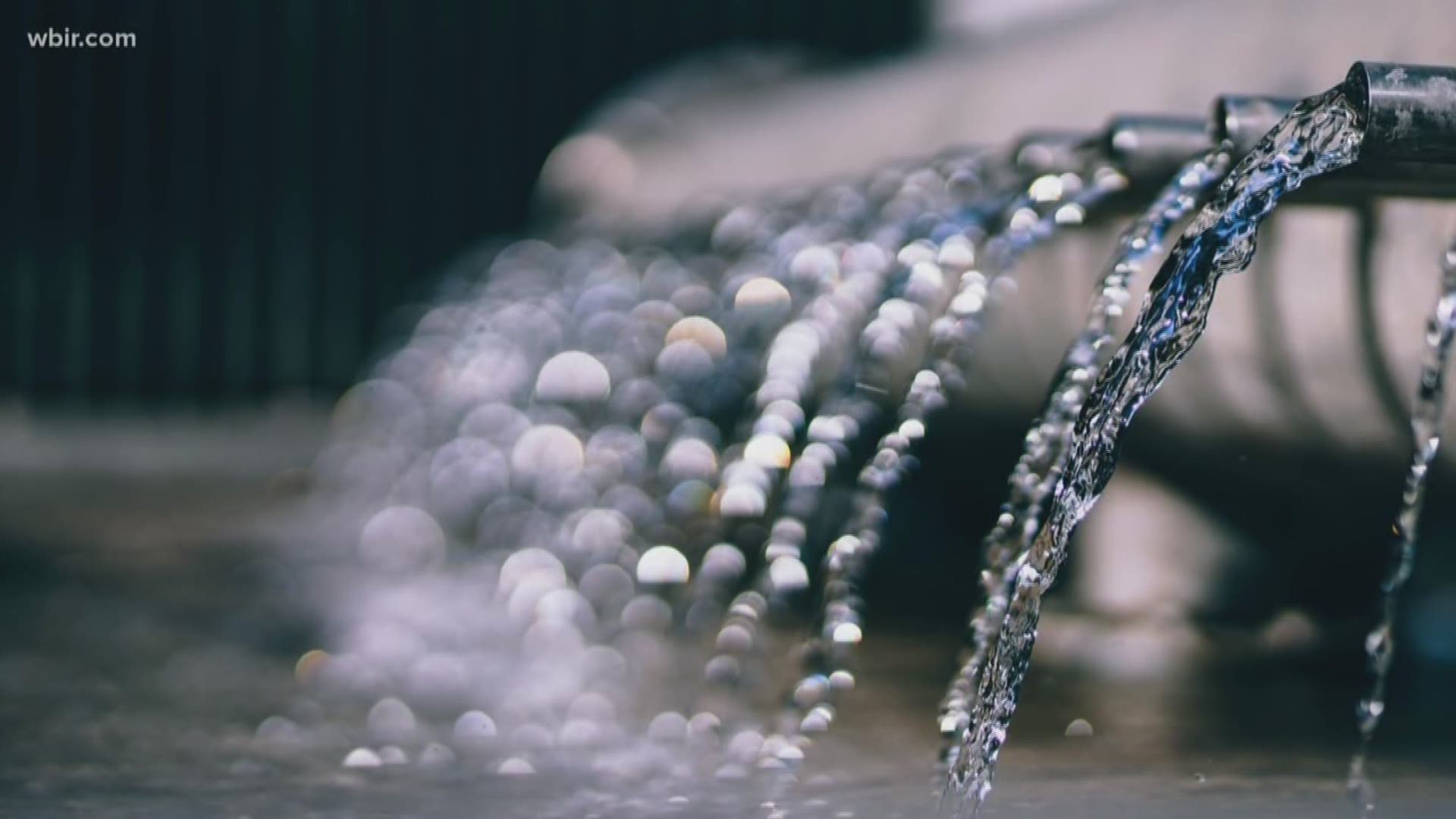After numerous reports of people getting sick from exposure to E. Coli in Gatlinburg, water specialists are making sure people know how to see if their well water is safe to drink.
Most people in the U.S. get their water from a public water facility. Others who might want free and reliable water might get theirs from a private well underground.
"It wouldn't be as safe as water from a public utility," Dr. Shawn Hawkins, an Associate Professor in Biosystems Engineering and Soil Sciences at UT, said.
Dr. Shawn Hawkins said when you get water from a well with no type of filtration system, you don't always know what you're getting.
"One of the disadvantages is that the water is not chlorinated like a publicly owned treatment facility would be," Dr. Hawkins said.
If you do have well water...
"Every year you should get the water tested. It would be a good idea to test the water yearly to see if there is contamination in the well," he said.
"We can come out and test your water," Todd Keith said.
Todd Keith works at Knoxville Water Treatment as a Water Quality Specialist and he said if you do have your water tested -- make sure you know what you're testing for.
"We can test on site for things like iron or sulfur. We won't have the ability, nor will anyone else, to test for things like E. coli. That's why the water has to be sent off to a lab," Keith said.
Keith said the chemistry of your well water can change dramatically in just two weeks.
"You could have anything from animals climbing into the well water. You could have runoff or oil spills, anything like that and you need to continually test that water," he said.
Experts said that while finding contaminants like E. coli in well water doesn't happen all the time, it's still not considered rare.

